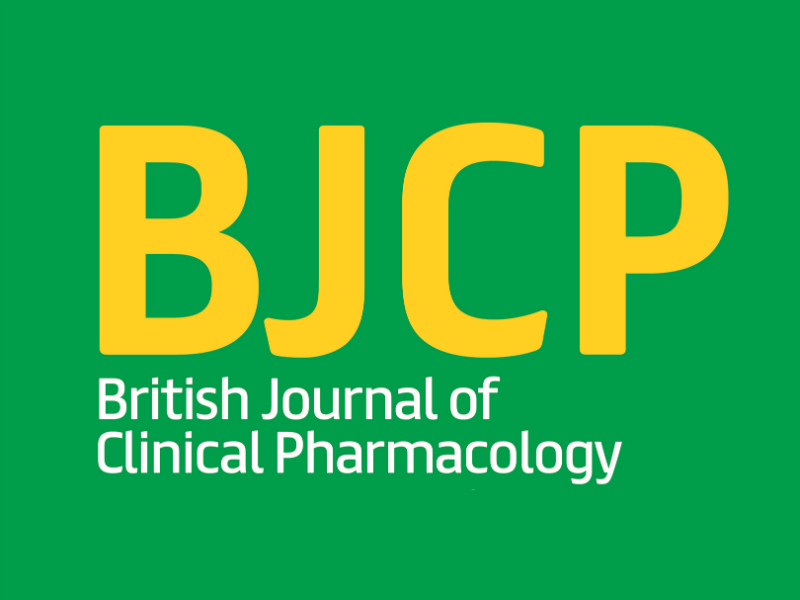
A new study from Belgium indicates that the majority of community-dwelling elderly adults are taking prescription medications inappropriately. The study, which is published in the British Journal of Clinical Pharmacology, also found a link between underuse—not taking essential medications—and an increased risk of dying or needing to be hospitalized.
Appropriate prescribing of medications is a major challenge in the care of elderly adults because older patients tend to be more sensitive to the effects of medications than younger patients, and they often have multiple conditions requiring numerous prescriptions that could negatively interact with each other. To examine patterns of prescription drug use in elderly adults, Maarten Wauters of Ghent University and his colleagues studied 503 community-dwelling adults aged 80 years and older for a period of 18 months.
The researchers found that more than half (58 percent) of patients were taking five or more chronic medications daily. Few patients were taking medications appropriately, with underuse occurring in 67 percent of patients and misuse occurring in 56 percent of patients (with some overlap between these groups). Just 17 percent of the population were not affected by any kind of underuse or misuse.
Over the 18-month study period, underuse was associated with 39 percent and 26 percent increased risks of mortality and hospitalization, respectively, per underused medication. Associations with misuse were unclear.
“Taking too many medications or unsafe medications are known to cause adverse health outcomes; however, we have shown that not taking essential, beneficial medications is more frequent and can be more strongly associated with negative outcomes,” said Wauters. “Prescribing medications to older persons should be done after careful thought, balancing the benefits and risk of every medications at regular intervals.”
Wauters noted that clinical pharmacologists can play an important role in identifying and addressing inappropriate prescribing. “Clinical pharmacologists can help prescribers to clearly assess misuse and underuse of medications in full knowledge of the patient, their comorbidities, and their medications. They can help to build electronic systems for constant monitoring of the quality of prescribing, using evidence-based criteria of potentially inappropriate prescribing.”
“Prescriptions are the most common interaction many of us have with healthcare professionals, yet this research shows the underuse of prescription medicines can be harmful. Clinical pharmacology is the only medical specialty in the UK’s health service focusing on the safe, effective, and economic use of medicines,” said Professor Sir Munir Pirmohamed, Vice President – Clinical at the British Pharmacology Society. “Despite there being only 72 clinical pharmacology consultants in the UK, the British Pharmacological Society is leading the way in improved prescribing around the world through the delivery of the Prescribing Safety Assessment – a national prescribing assessment – and dedicated learning resources.”
Read the full journal article.
Full citation: "Too many, too few, or too unsafe? Impact of inappropriate prescribing on mortality, and hospitalisation in a cohort of community-dwelling oldest old.” Maarten Wauters, Monique Elseviers, Bert Vaes, Jan Degryse, Olivia Dalleur, Robert Vander Stichele, Thierry Christiaens, and Majda Azermai British Journal of Clinical Pharmacology. Published Online: July 18, 2016, DOI: 10.1111/bcp.13055